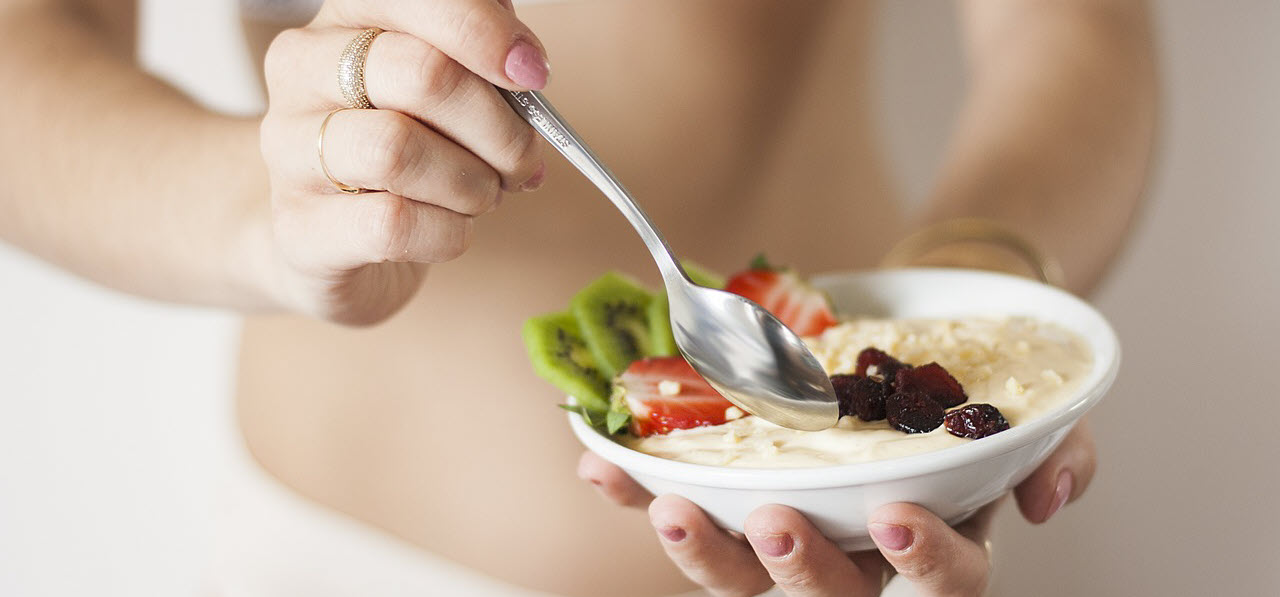Weight Loss And Nutritional Myths
“Myth: Becoming a Vegetarian insures weight loss and healthiness.
 Truth: Research has proved that those who follow a vegetarian diet plan eat less fat and fewer calories than those who are non vegetarians. Vegetarians also tend to have lower body weights because choosing a vegetarian diet plan with low fat content is helpful in weight loss. However vegetarians can make poor food choices that contain high amounts of fat and calories with little or no nutritional value.
Truth: Research has proved that those who follow a vegetarian diet plan eat less fat and fewer calories than those who are non vegetarians. Vegetarians also tend to have lower body weights because choosing a vegetarian diet plan with low fat content is helpful in weight loss. However vegetarians can make poor food choices that contain high amounts of fat and calories with little or no nutritional value.
Myth: All dairy products are unhealthy.
Truth: Dairy products contain many nutrients your body needs including protein to build muscles and help organs work properly. Dairy products also contain calcium to strengthen your bones, and fortified with vitamin D to help your body utilize the calcium. Fortunately low-fat and fat-free milk, yougurt, and cheese are just as nutritious as whole milk products.
Myth: Eating after 8:00pm is a sure way of weight gain.
Truth: Your weight loss or gain is determined by what and how much you eat and how much physical activity you do during the day. It really doesn’t matter what time of the day you eat, your body will store any extra calories as fat. If you down 500 calories over your daily value right before you goto bed obviously your not going to burn them while you are sleeping so your body will store it as fat.

Myth: Skipping meals is a great way to save calories and lose weight.
Truth: Many studies have shown that those who skip meals (especially breakfast) and eat fewer times during the day tend to be heavier than those who eat a healthy breakfast and eat five small meals a day. Eating many small meals throughout the day helps you control your appetite and keeps your metabolism going. Those who skip meals tend to feel hungrier later on and end of over eating.
Myth: Fat-free means no calories.
Truth: Fat-free foods are often lower in calories than the same size portion of the full- fat food. Many processed fat-free foods contain just as many, if not more calories as the full fat version of the same food. Fat-free processed foods can contain added sugar, flour, or starch thickeners to improve flavor and texture after fat is removed.
Myth: Herbal weight-loss products are safe and effective.
 Truth: Weight-loss products that claim to be herbal are not necessarily safe. Herbal products are not usually scientifically tested to prove they are safe or effective. A great example of this type of unhealthy herbal product is ephedra. Ephedra is an herb that is now banned by the United States Government because its products have been known to cause serious health problems and even death. Products that claim to be ephedra-free are not danger-free because they contain harmful ingredients similar to ephedra.
Truth: Weight-loss products that claim to be herbal are not necessarily safe. Herbal products are not usually scientifically tested to prove they are safe or effective. A great example of this type of unhealthy herbal product is ephedra. Ephedra is an herb that is now banned by the United States Government because its products have been known to cause serious health problems and even death. Products that claim to be ephedra-free are not danger-free because they contain harmful ingredients similar to ephedra.
Myth: Weight training isn’t a good idea if you are trying to lose weight.
Truth: Weight training or doing strengthening activities such as push-ups and stomach crunches on a regular basis will actually help you lose or maintain weight. Activities that build muscle are great because muscle burns more calories than body fat. Its recommended to do strengthening activities two or three times a week. Only intense strength training can build very large muscles.”
“Successful weight loss takes programming, not willpower.”
~~ Phil McGraw


